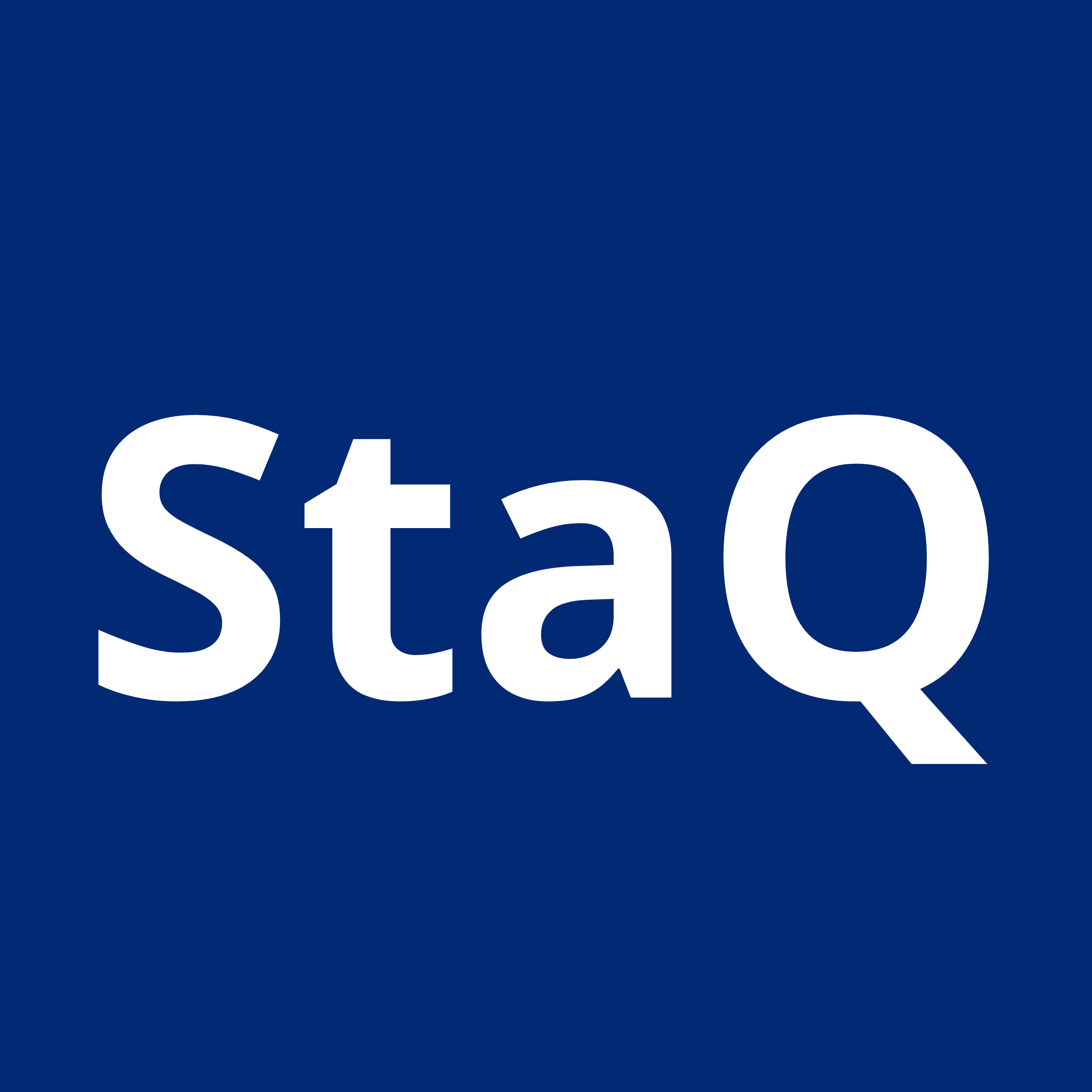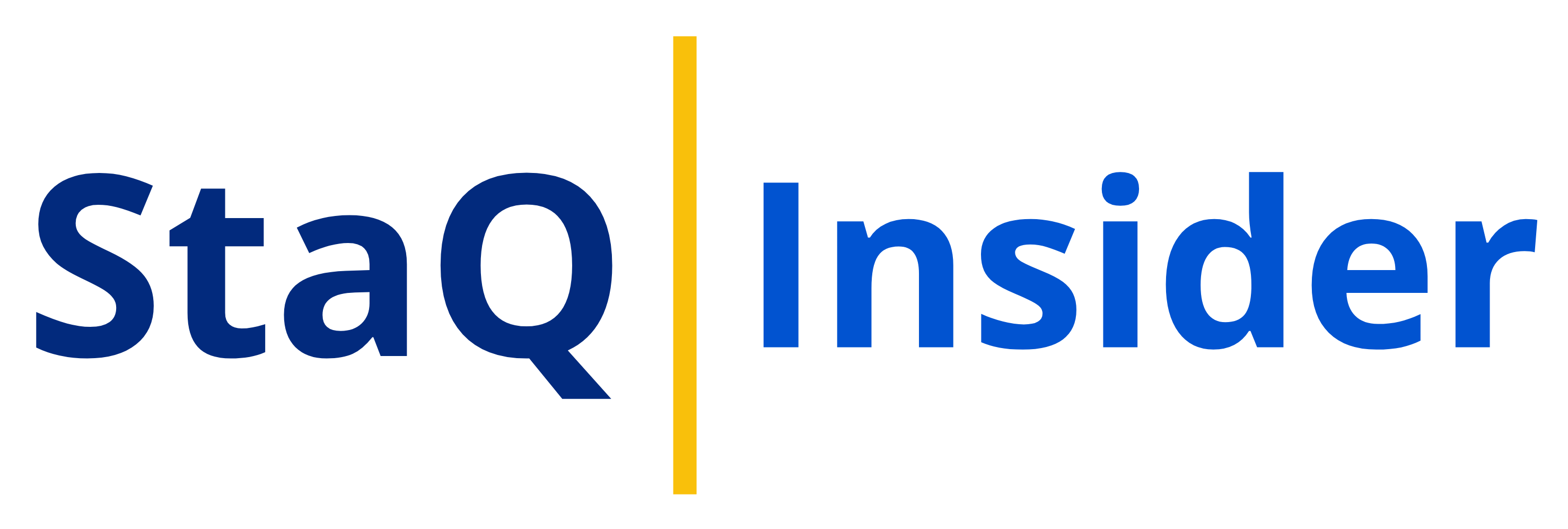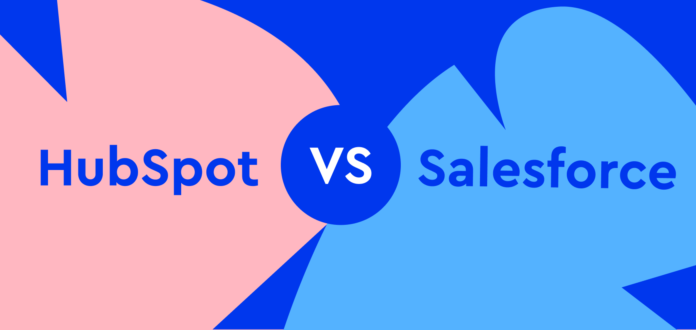In the realm of Customer Relationship Management (CRM) software, Salesforce and HubSpot lead the pack. This side-by-side comparison will help you evaluate which CRM aligns best with your business needs.
Core Strengths of Salesforce and HubSpot
Each CRM platform brings unique strengths to the table. Here’s a quick snapshot of their key features and benefits:
| Category | Salesforce | HubSpot |
|---|---|---|
| Core Strengths | – Highly customizable platform | – User-friendly interface |
| – Extensive enterprise features | – All-in-one marketing and sales platform | |
| – Robust reporting capabilities | – Easier implementation | |
| – Large ecosystem of third-party integrations | – Transparent pricing | |
| – Advanced automation capabilities | – Superior marketing automation tools | |
| – Industry-specific solutions |
Feature Comparison: Salesforce vs. HubSpot
Let’s take a closer look at how these platforms perform in various feature areas:
| Category | Salesforce | HubSpot |
|---|---|---|
| User Interface | – Complex but powerful, customizable | – Clean, intuitive, easy navigation |
| – Steeper learning curve | – Minimal training required | |
| Sales Features | – Advanced territory management | – Integrated email tracking |
| – Sophisticated opportunity tracking | – Meeting scheduling tools | |
| – Complex sales workflow automation | – Deal pipeline management | |
| Marketing Integration | – Requires Pardot or Marketing Cloud | – Native marketing tools included |
| – More complex integration | – Seamless CRM-marketing integration | |
| Reporting and Analytics | – Advanced custom reporting, AI-powered analytics | – Built-in reporting tools |
| Implementation and Setup | – Longer implementation time, often requires consultants | – Faster, self-service setup possible |
| Cost Considerations | – Complex pricing structure | – Transparent pricing |
| Integration Capabilities | – Extensive API capabilities, large AppExchange marketplace | – Simple API structure and app marketplace |
| Customer Support | – Multiple support tiers, premium support costs | – Comprehensive knowledge base |
| Future-Proofing | – Regular updates with enterprise-focused roadmap | – Regular updates with SMB-centric development |
Conclusion
Your choice between Salesforce and HubSpot ultimately depends on your organization’s specific needs, size, and resources. Here’s a quick recap to help you decide:
- Salesforce is ideal for enterprises needing extensive customization, advanced reporting, and industry-specific solutions.
- HubSpot is perfect for small to medium-sized businesses looking for an easy-to-use platform with integrated marketing tools and faster implementation.
Pro Tip: Try a free trial or demo from both platforms to see which one best meets your team’s needs!




